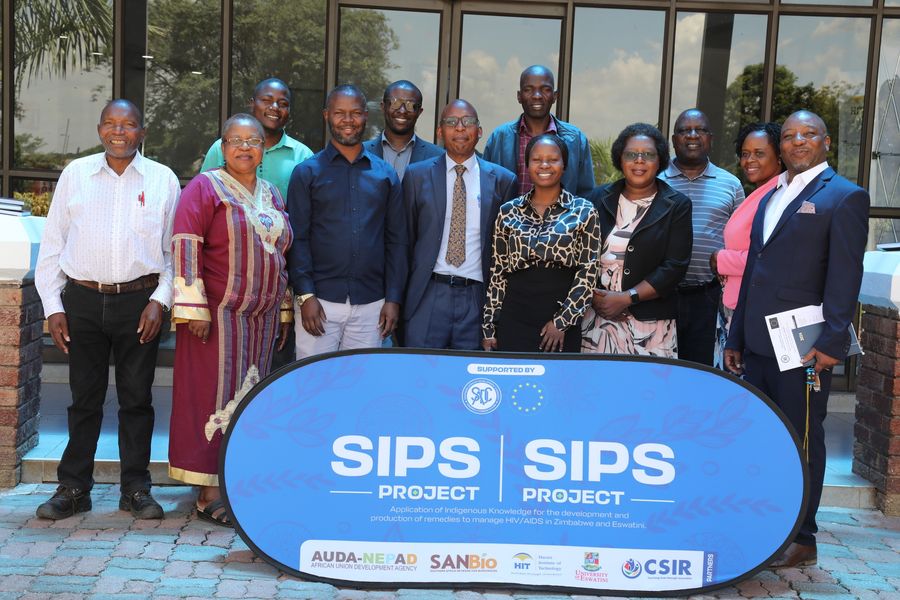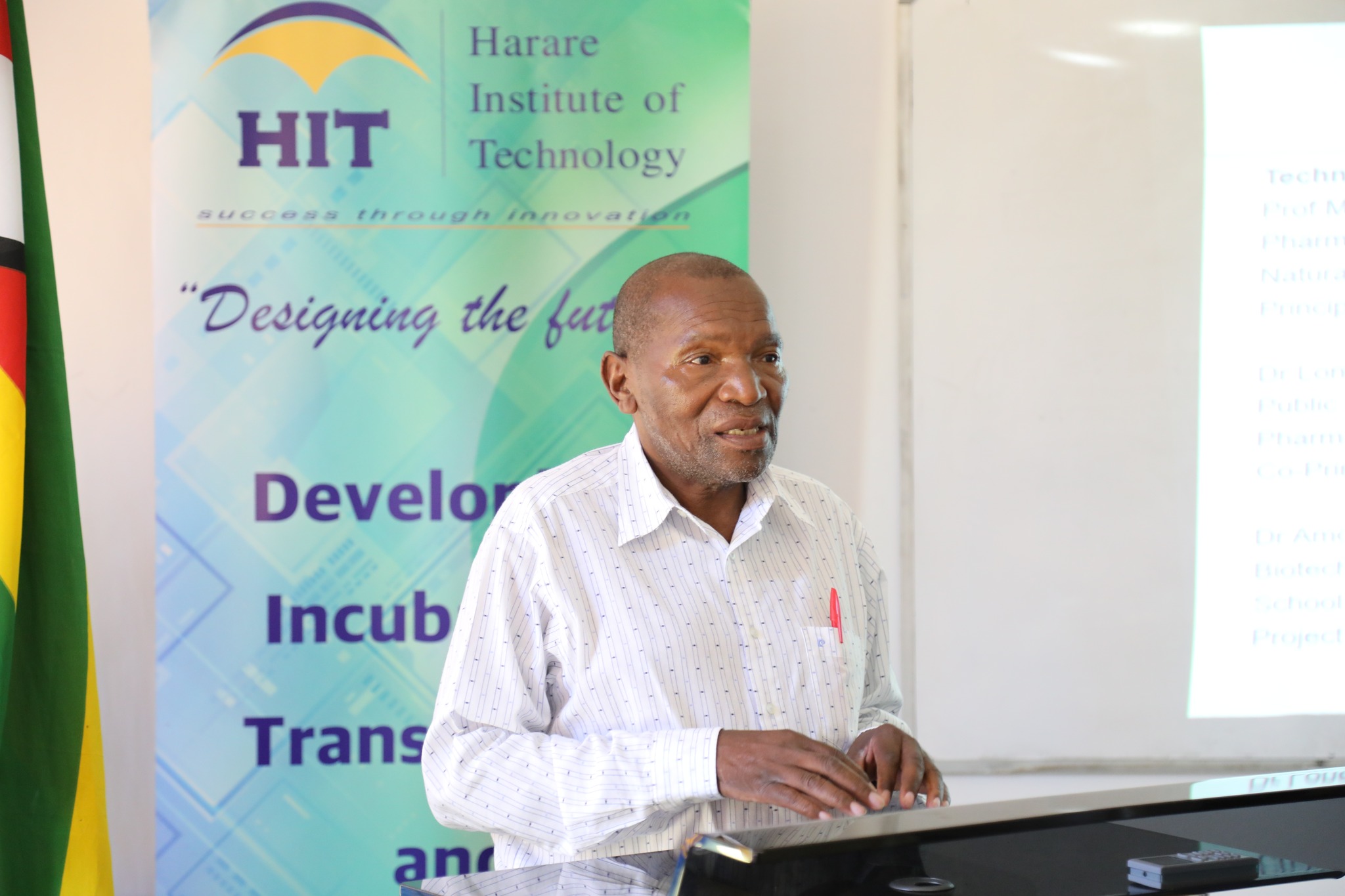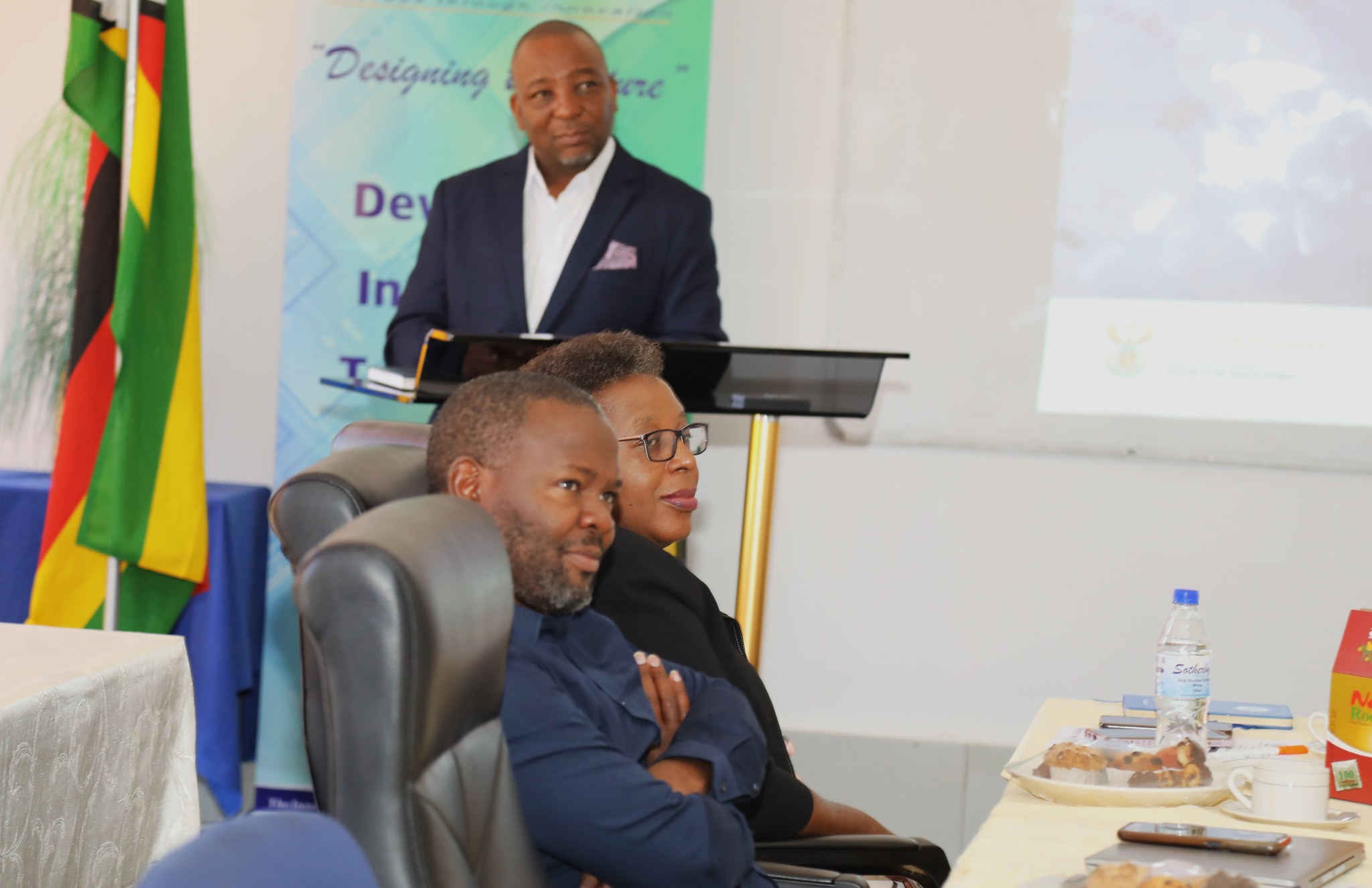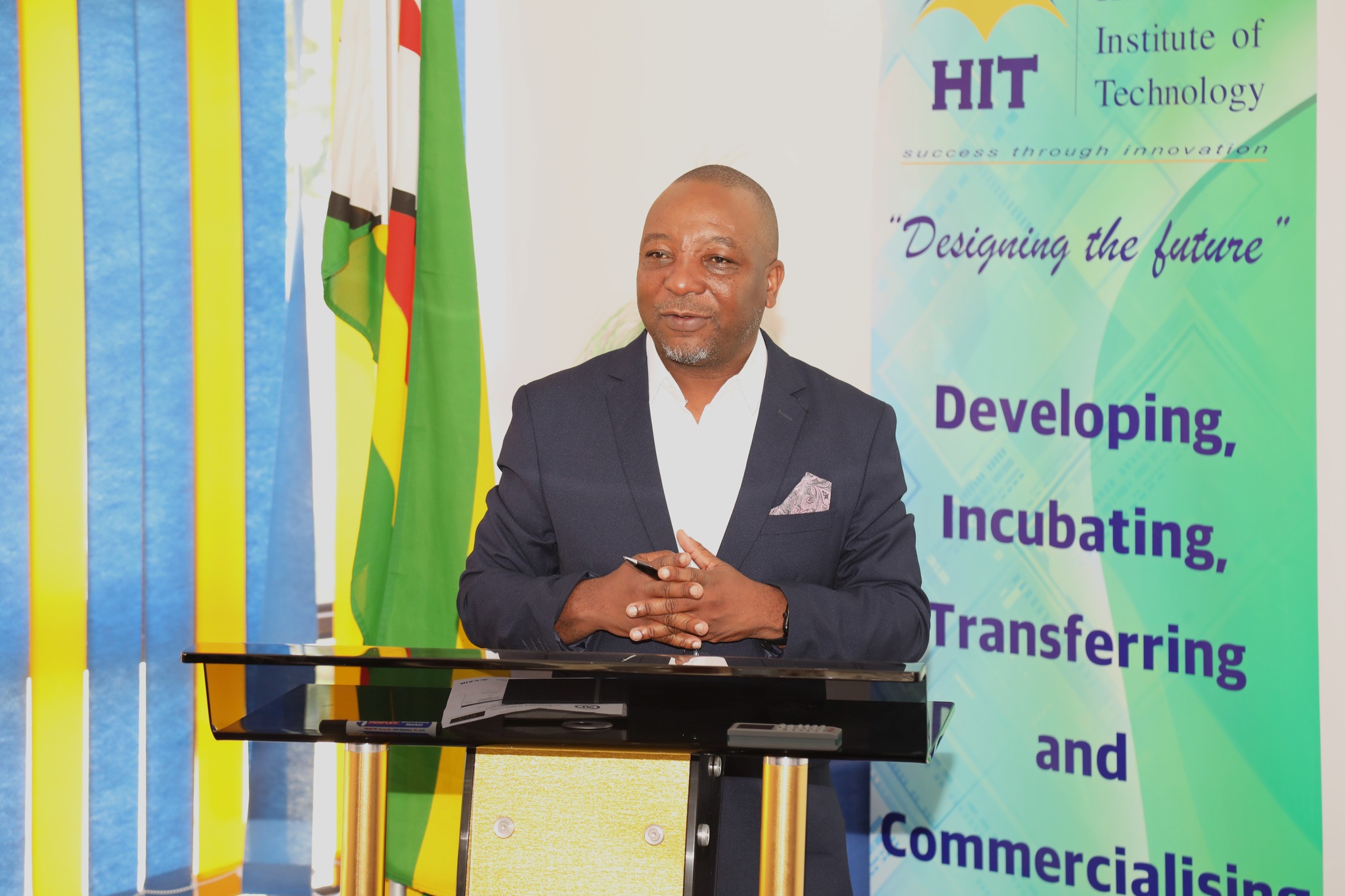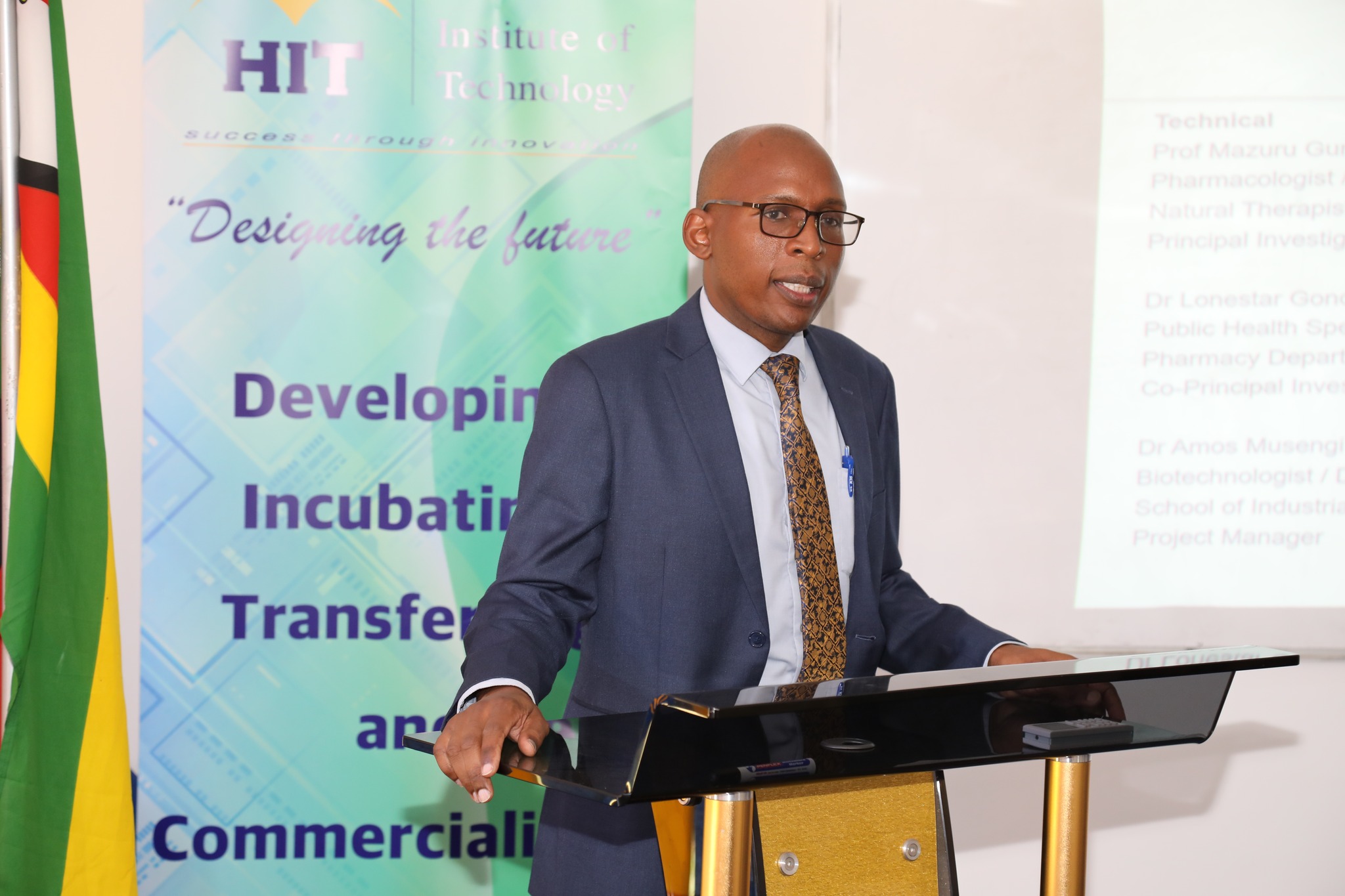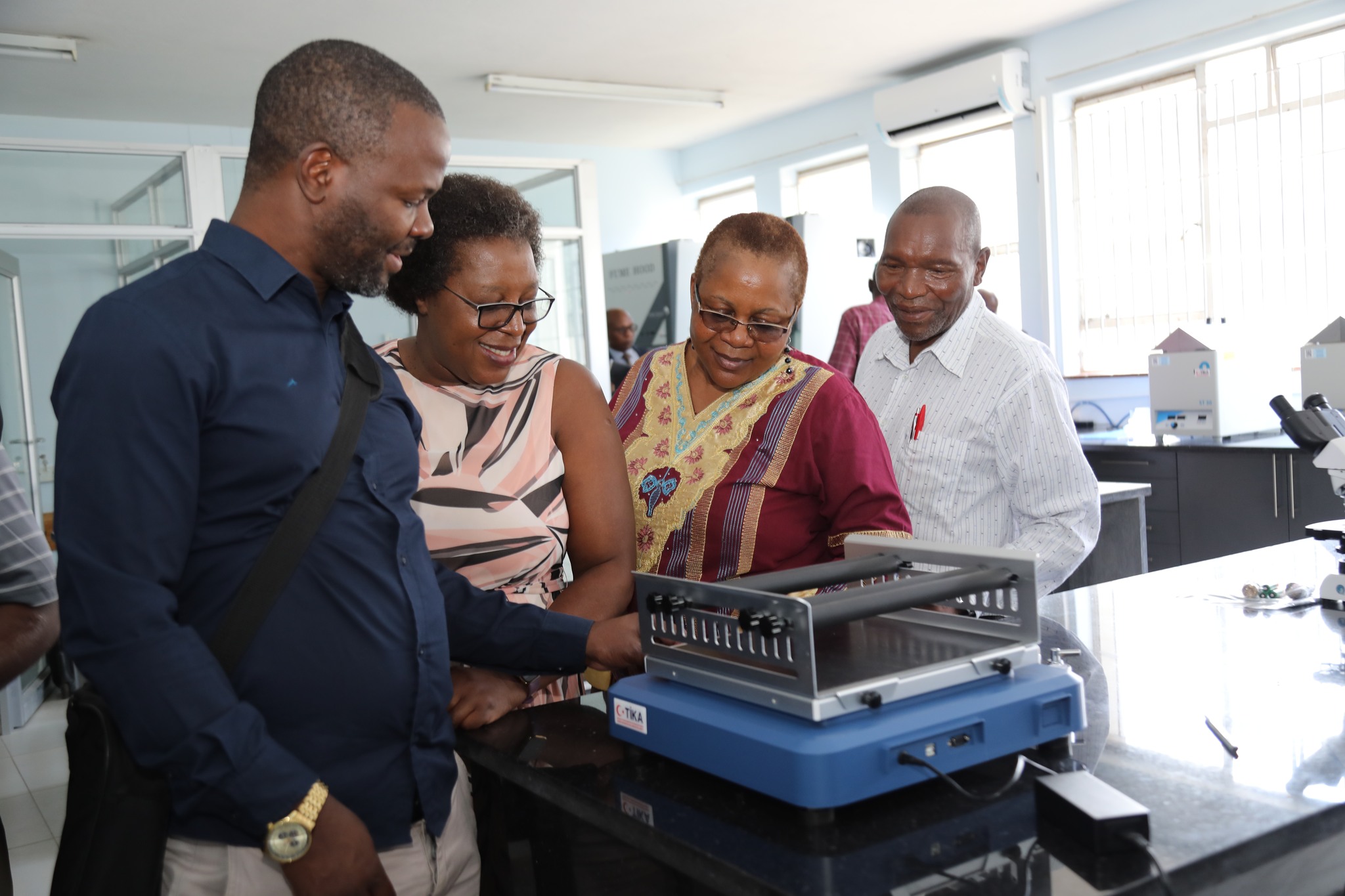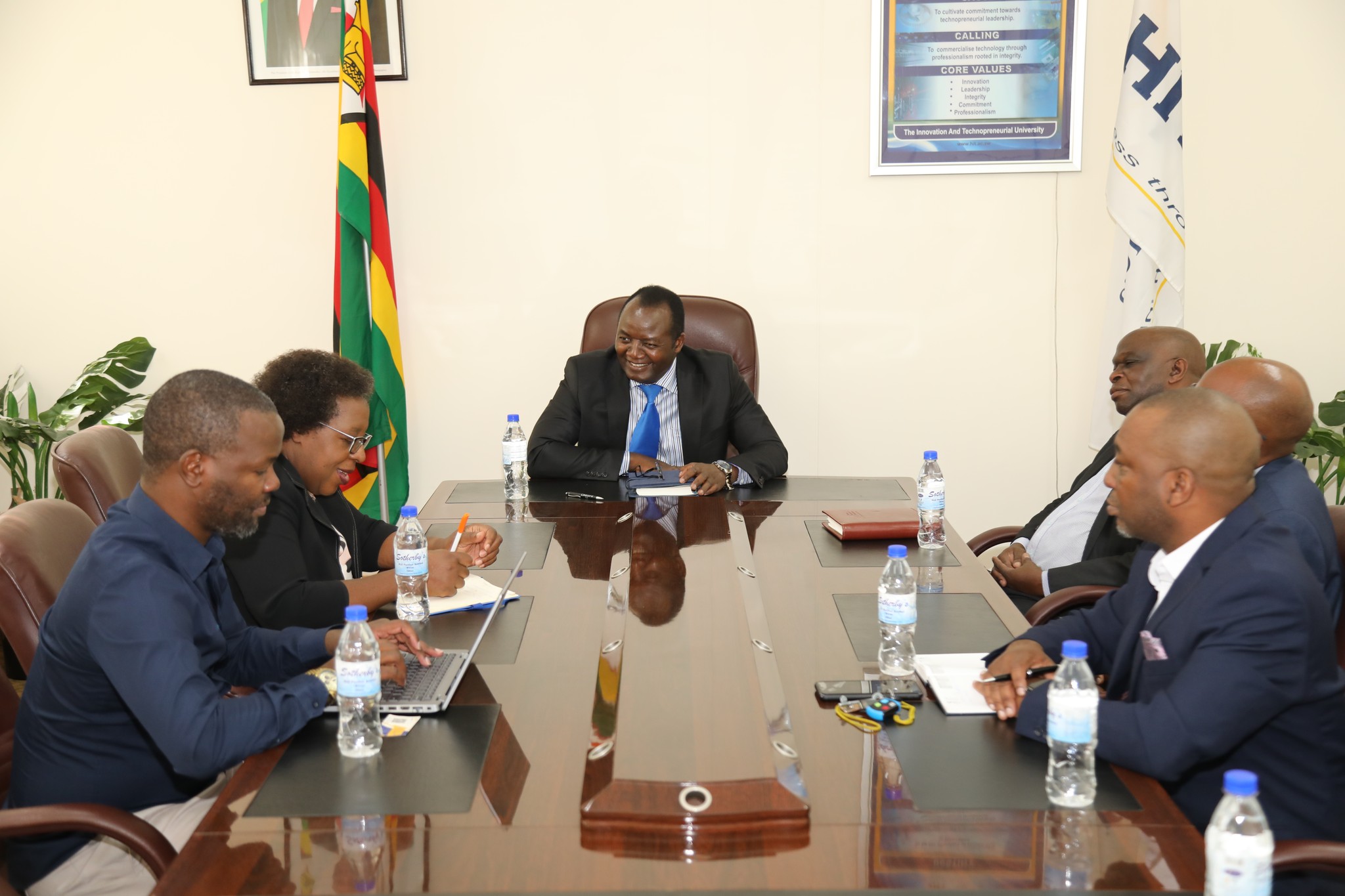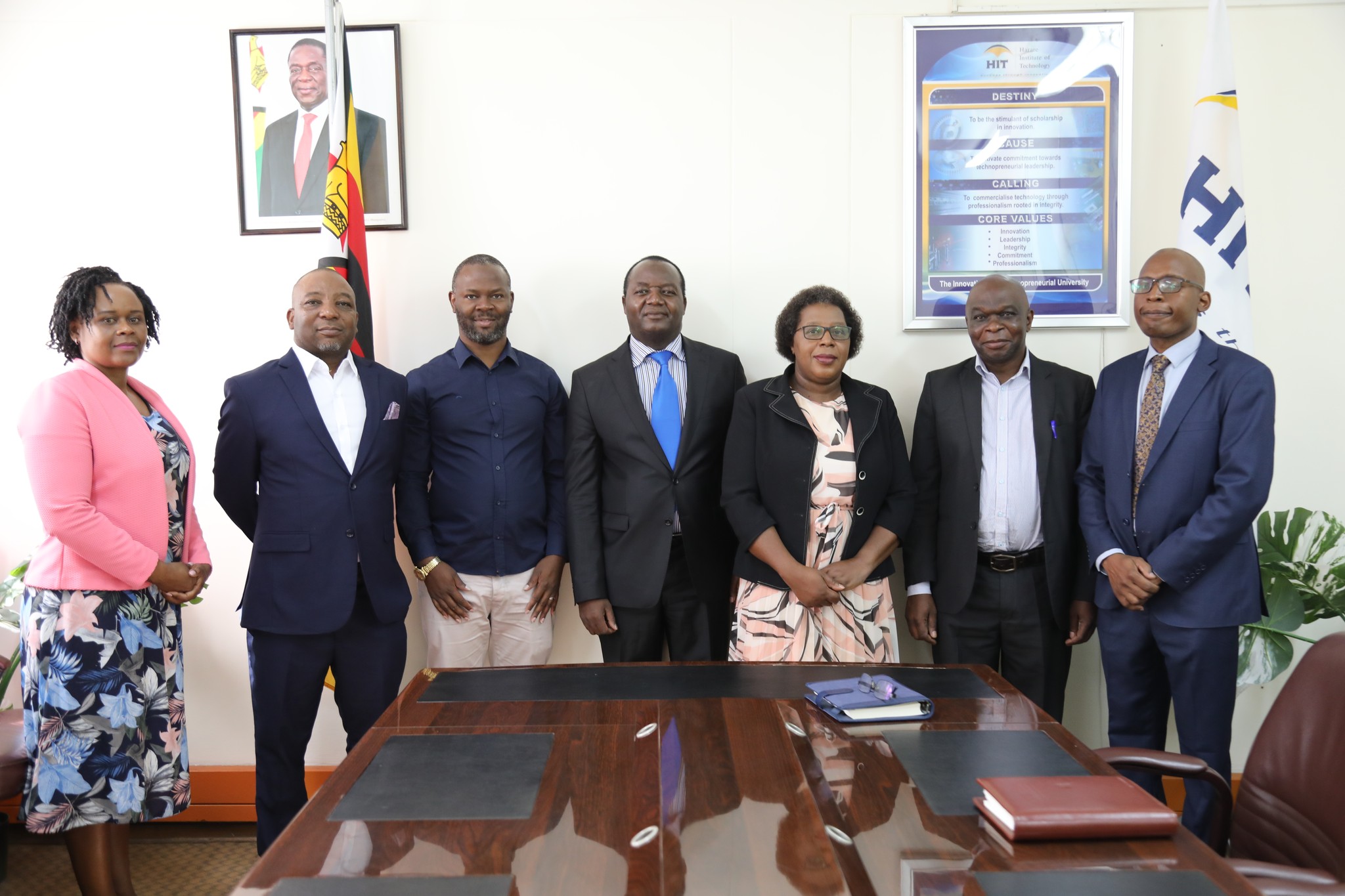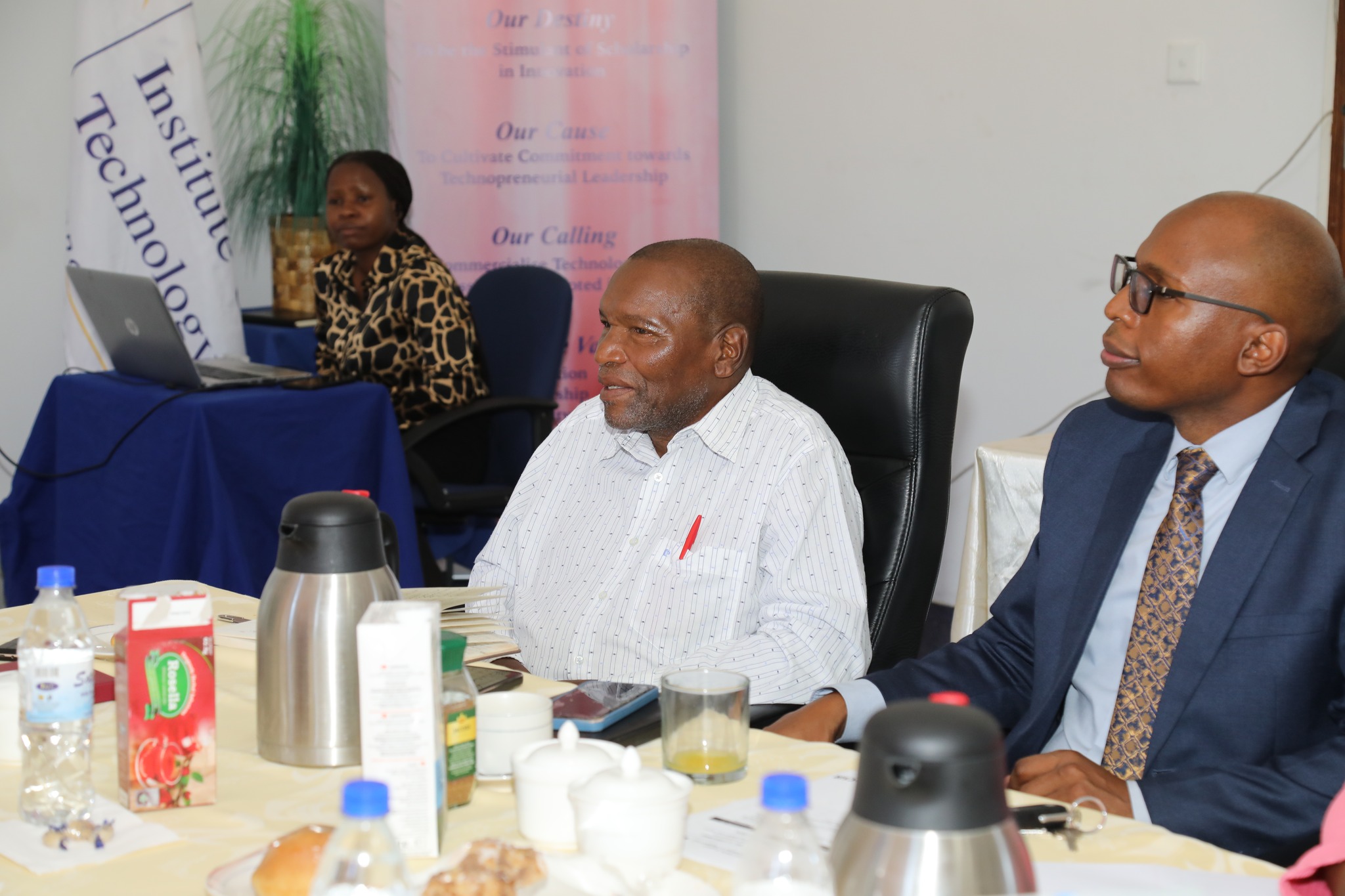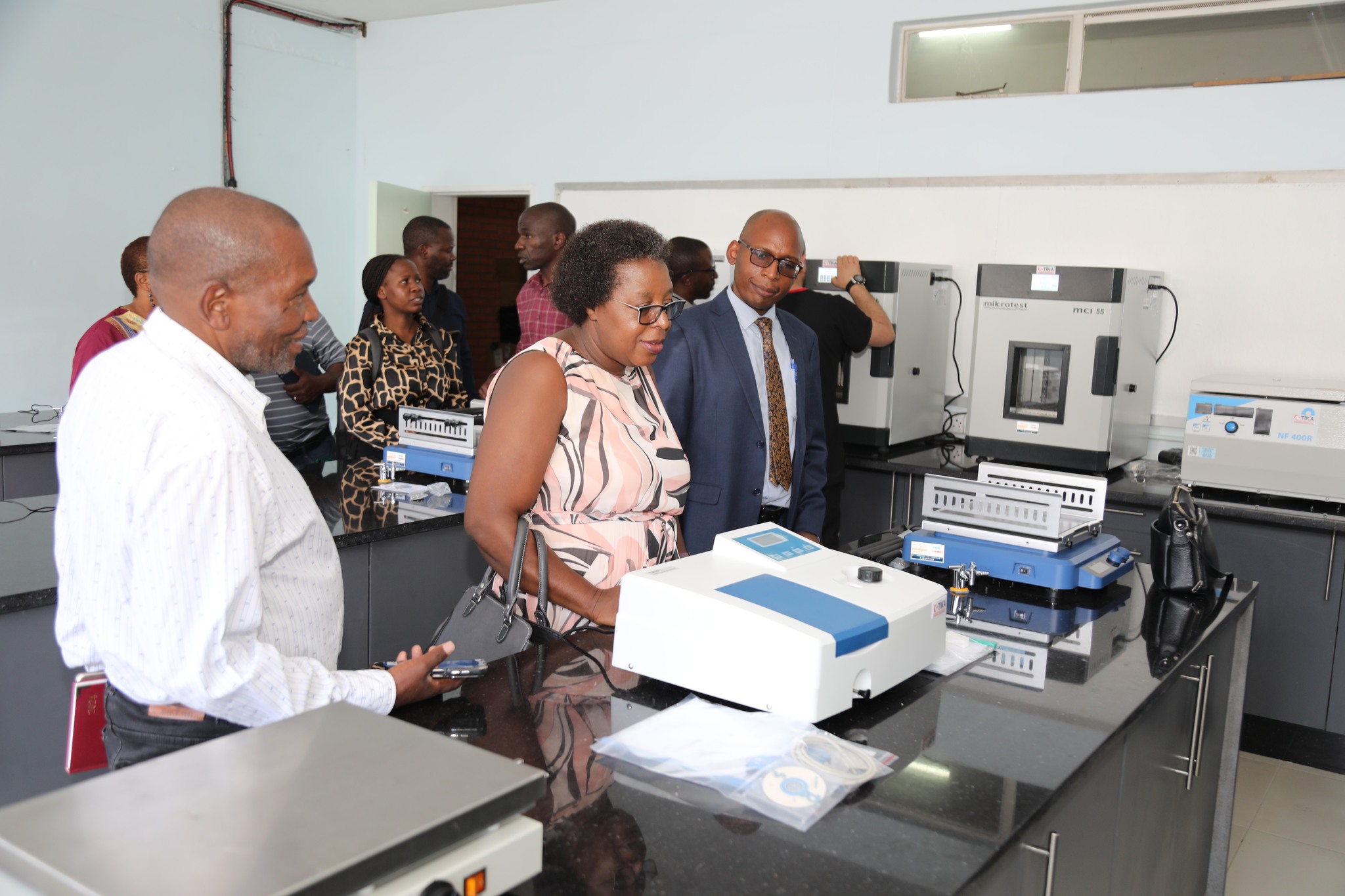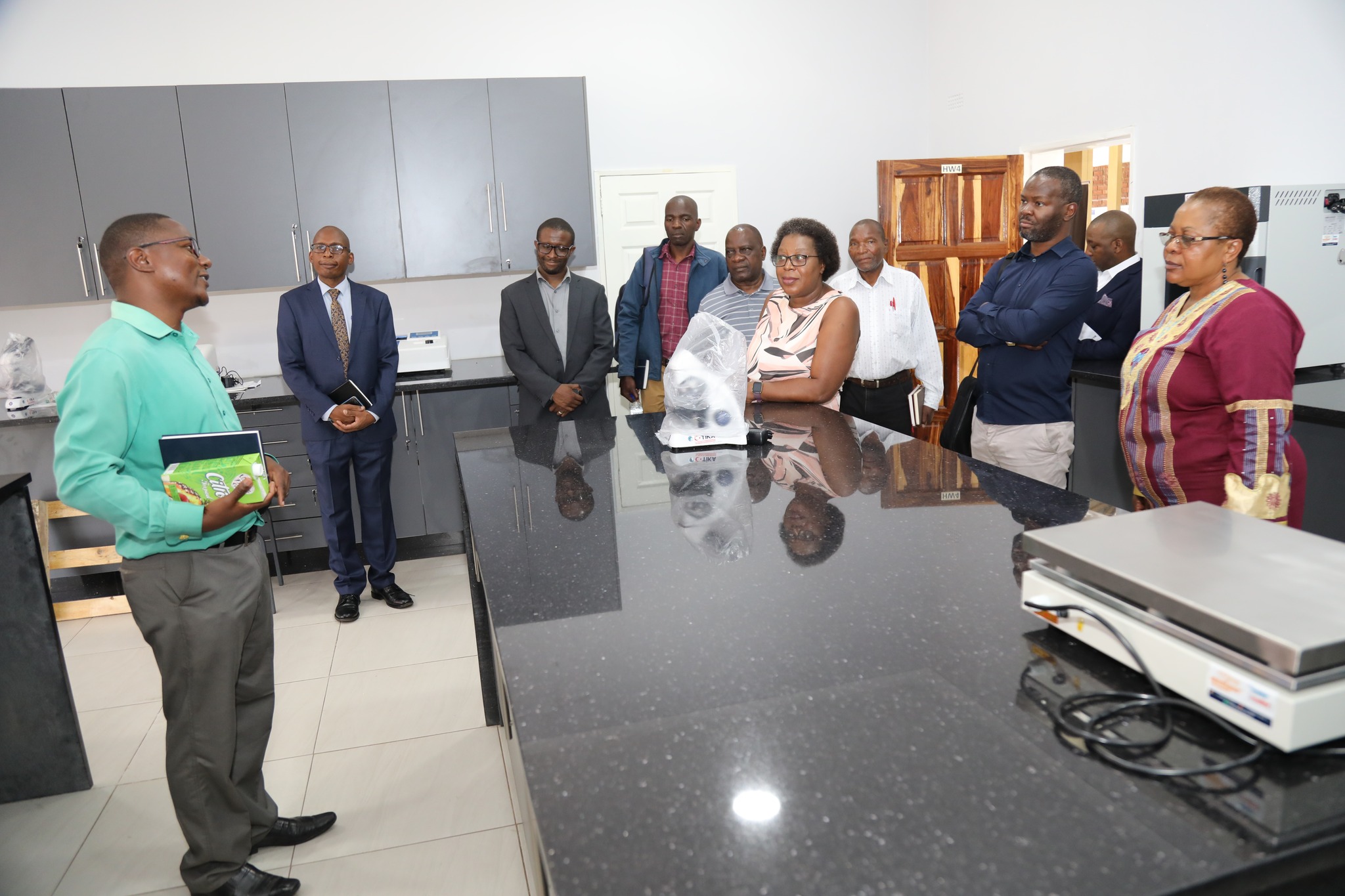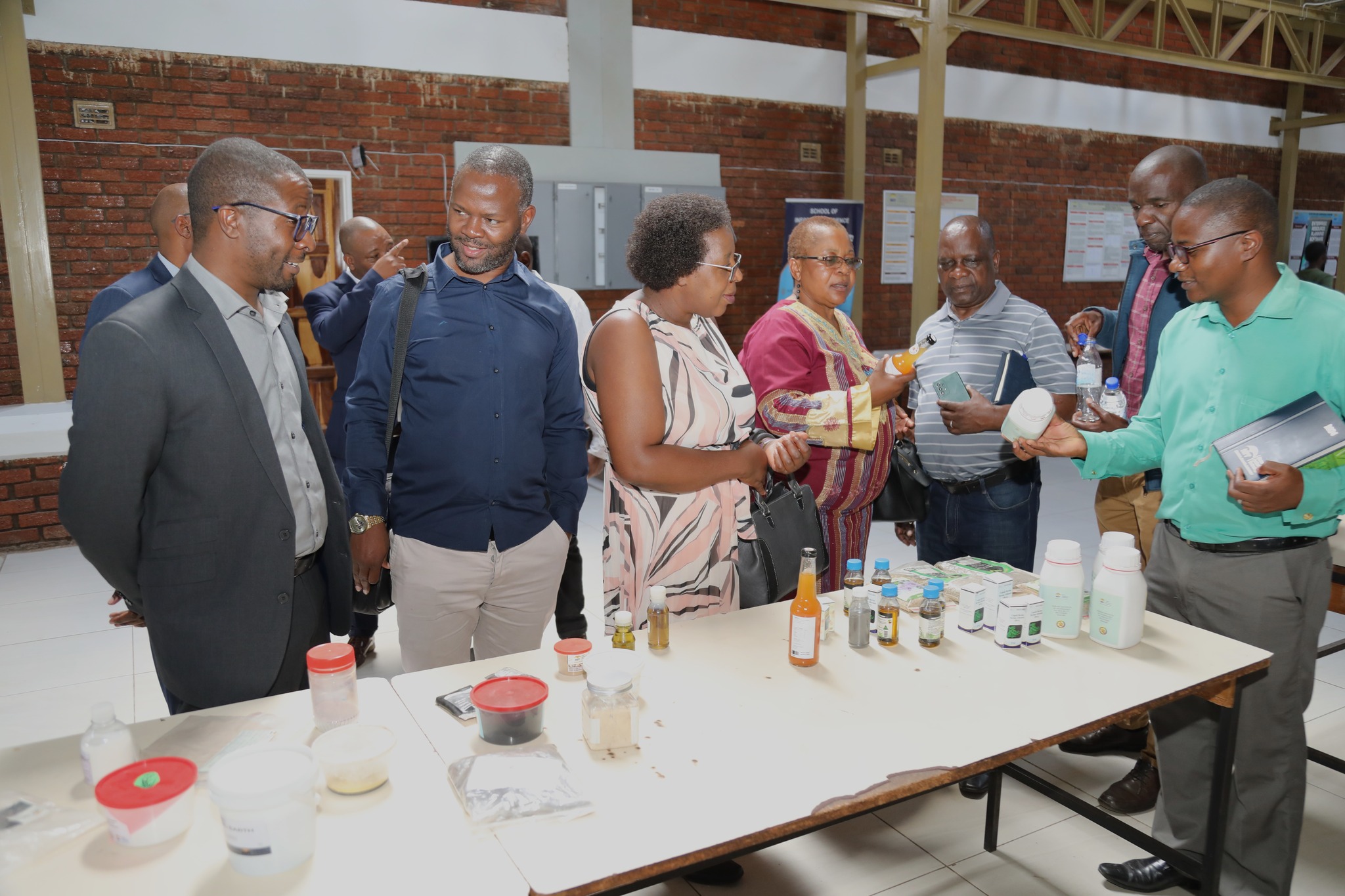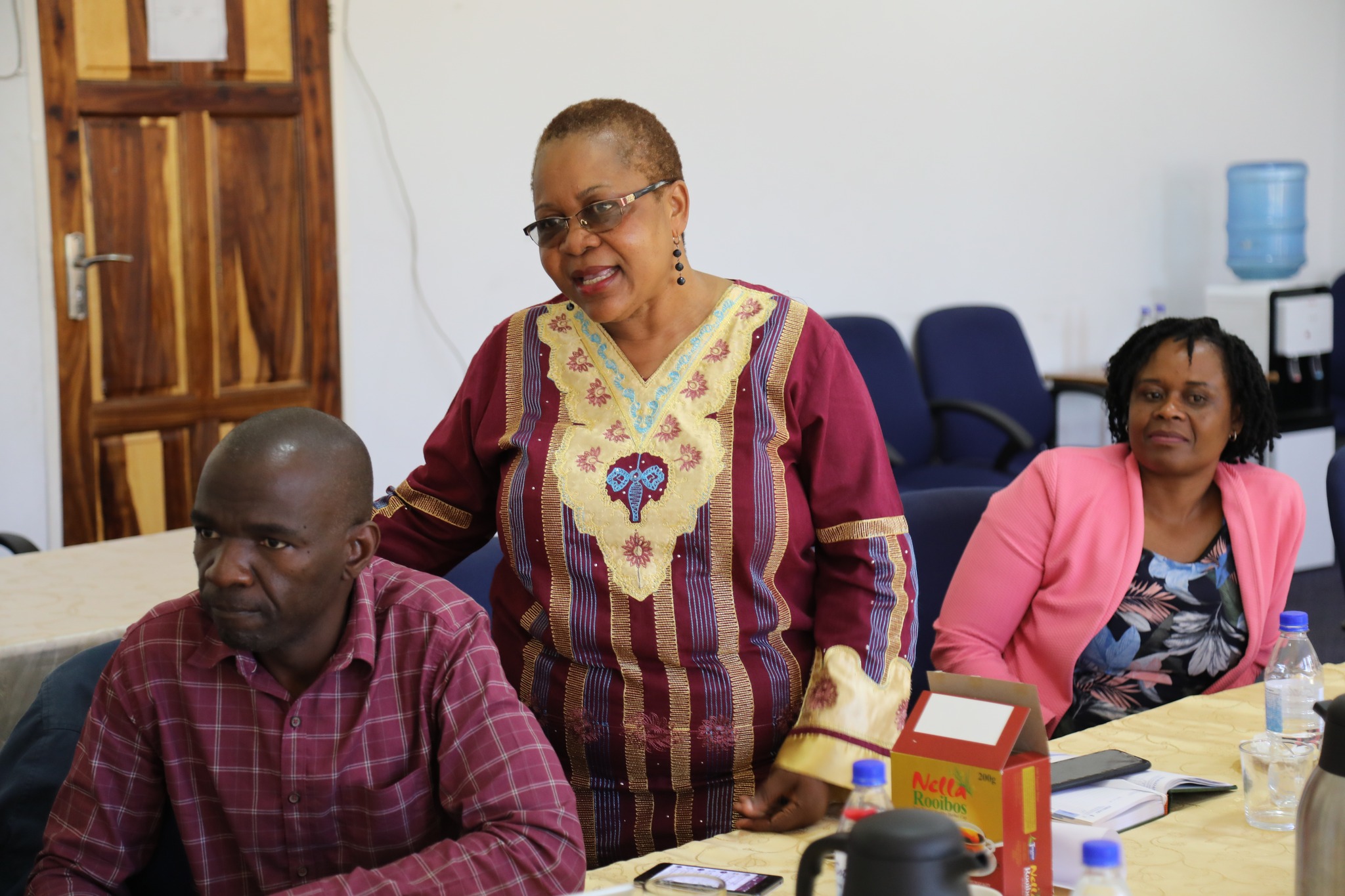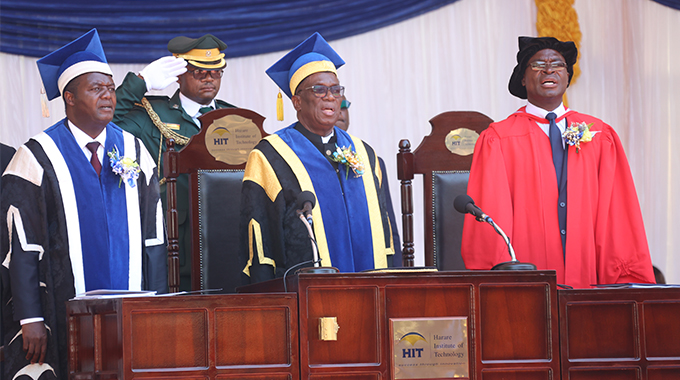The Harare Institute of Technology Southern African Development Corporation Support to Industrialization and Productive Sector (HIT/SADC-SIPS) Programme’s Team met with Ms B Chibambo, the Programme Coordinator to discuss the progress of their collaborative project on the Application of Indigenous Knowledge for the Development and Production of Remedies to Manage HIV/AIDS in Eswatini and Zimbabwe.
The meeting was held on 5 March 2024 at the Innovation Hub.
During the meeting, Ms B. Chibambo, the Programme Coordinator, outlined the initial project objectives from the SADC’s standpoint and identified further work that remained to be done.
Dr. A Musengi, the Project Manager and HIT Dean of the School of Industrial Sciences and Technology expressed gratitude for the financial grant from SADC that enabled the purchase of equipment and the conduct of research. The presence of Indigenous Knowledge Holders (IKHs) was also acknowledged as instrumental in the project’s success.
The Technical Report presented during the meeting highlighted the selection process of plants by the IKHs and promising results from anti-HIV activity testing at the CSIR. The team has also been engaging with government ministries and communities through the Nagoya Protocol.
The meeting discussed leveraging Zimbabwe’s geographical centrality to spread knowledge throughout the SADC region and the importance of showcasing the project’s work during SADC Industrialization Week. Ms. B Chibambo, the programme coordinator, stressed the need for documentation and policy briefs to inform SADC executives and address challenges faced during implementation.
The meeting concluded with remarks commending the collaboration between the Council for Scientific and Industrial Research (CSIR, HIT, and the University of Eswatini (UNESWA) and calling for further engagement opportunities to achieve the project objectives.
The meeting was a productive discussion on the progress of the HIT SADC-SIPS project and the partnerships driving research on herbal medicines in the region. It followed a stakeholder engagement meeting held at the Rainbow Towers in Harare, Zimbabwe on 24 January 2024.
The Application of Indigenous Knowledge for the Development and Production of Remedies to Manage HIV/AIDS in Eswatini and Zimbabwe project is funded by SADC in partnership with the German Development Cooperation (GDC), under the Support to Industrialisation and Productive Sectors (SIPS) Programme. The project will help manage HIV and AIDS by creating safe, effective, and high-quality treatments based on traditional medicines and indigenous knowledge systems.
It will also highlight the potential of traditional medicine to improve livelihoods and ensure the safety and quality of traditional medicines. By demonstrating safety and quality, healers can gain respect and trust in society, making traditional medicines accessible to a wider audience.
The project aims to create jobs for rural communities by leveraging traditional knowledge to create and produce healthcare treatments for HIV and AIDS.


